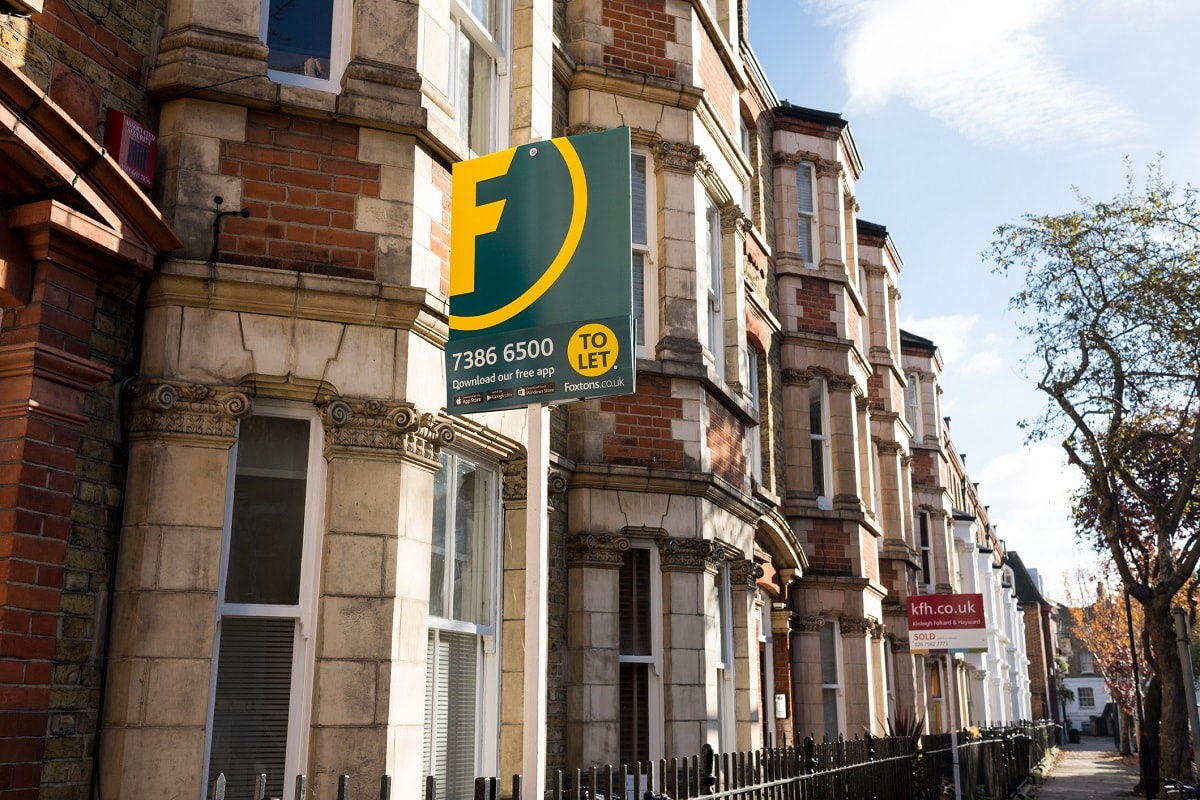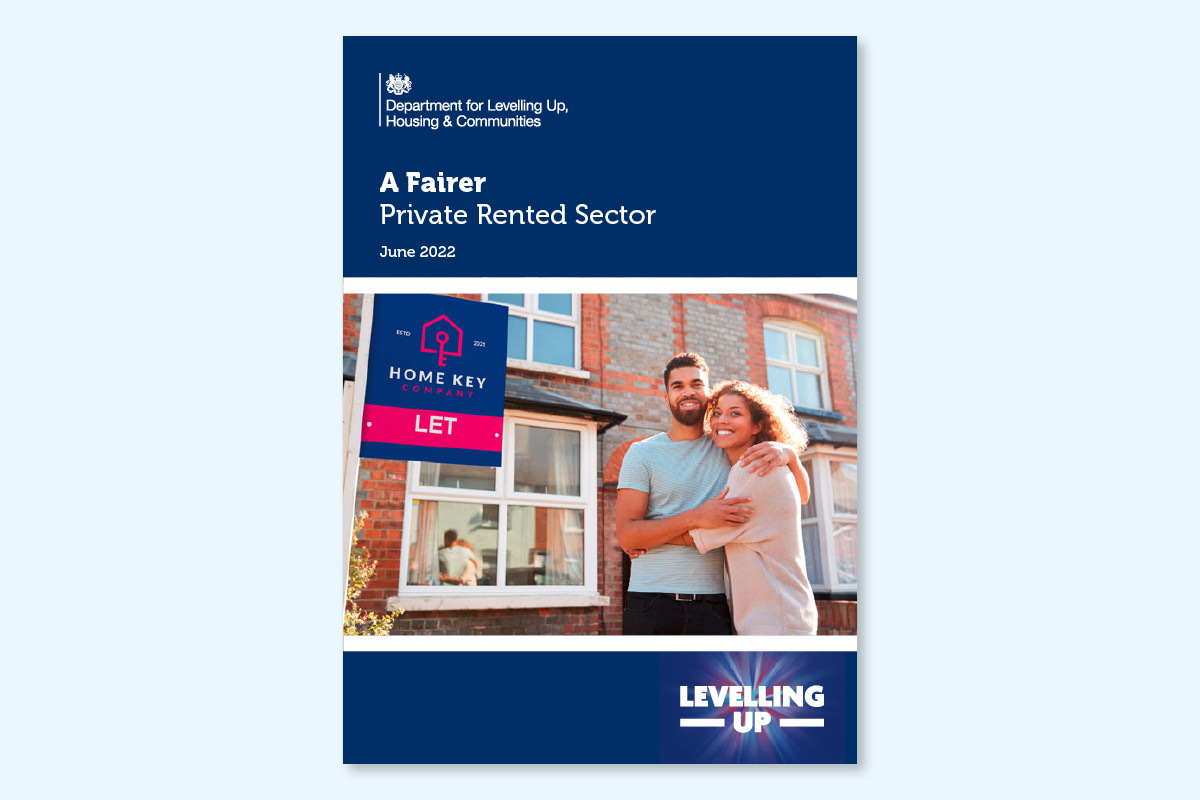‘A game-changer’: sector reacts to PRS white paper
The government finally published its overdue Renters’ Reform White Paper as part of a planned shake-up of the sector. Stephen Delahunty finds out what housing professionals think about the proposals
The Department for Levelling Up, Housing and Communities (DLUHC) published the white paper, titled A Fairer Private Rented Sector, on Thursday. It includes a number of proposals aimed at “redressing the balance” between landlords and the 11 million private renters in England.
It features plans to ban “no DSS or benefits” advertisements, as well as outlawing the Section 21 ‘no-fault’ eviction process, which has allowed landlords to terminate tenancies without giving any reason
The paper also proposes introducing a new Private Renters’ Ombudsman, which will be created to quickly settle disputes between private renters and landlords at low cost and without going to court.
Many in the sector appear to welcome the ideas set out in the paper.
Polly Neate, chief executive of Shelter, describes the Renters’ Reform White Paper as “a game-changer” for England’s 11 million private renters.
She says: “Scrapping unfair evictions will level the playing field. For the first time in a long time, tenants will be able to stand up to bad behaviour instead of living in fear.
“This white paper promises people safety and security in their home, and it makes clear that landlords need to play by the rules. Gone will be the days of families being uprooted and children forced to move school after being slapped with a Section 21 no-fault eviction for no good reason.
“As these plans move through parliament, they’ve got to keep their teeth to drive up standards and professionalise private renting. For every renter trapped in a never-ending nightmare of moving from one shoddy rental to the next, the Renters’ Reform Bill cannot come soon enough.”
Tracy Harrison, chief executive of the Northern Housing Consortium, explains how the organisation’s pre-pandemic research highlighted the lived experience of Northerners in poor-quality, non-decent accommodation and the impact that disrepair, cold and hard-to-heat homes has on their lives.
As a result, she says: “We welcome these reforms, which are long overdue and aim to ensure that the private rented sector offers a stable place to live and meets minimum levels of decency and energy efficiency.”
Ian Fletcher, director of policy at the British Property Federation: “Good landlords know that reform can be win-win, protecting and enhancing renters’ rights but also encouraging residents to feel at home, increasing the time they stay and ultimately benefiting tenants and investors.”
He warns that the reforms could end up with more disagreements between tenants and investors ending up in court. To ensure a swift resolution to these cases, he calls on the government to deliver on its digitalisation of the courts’ agenda ahead of these proposals.
Darren Rodwell, executive member for regeneration, housing and planning at London Councils: “Boroughs are especially pleased by the inclusion of a ban on no-fault evictions. Too often we’ve seen Londoners turfed out of their homes for no good reason and made homeless.
“With 155,000 homeless Londoners – including 86,000 children – currently living in temporary accommodation arranged by their local borough, we hope this ban will improve stability for tenants and go some way to alleviating homelessness pressures in the capital.
“Councils now need strong enforcement powers and resources to help ensure any changes in the law actually succeed in helping tenants and boosting standards in the private rented sector.”
Guy Horne, co-founder and chief executive at HSPG, says the publication of the white paper “marks the beginning of revolutionary change” for millions of private renters whose lives and homes are placed at risk by exploitative landlords.
He adds: “As inflation reaches a 40-year high, it is imperative that tenants are protected in their homes and can’t be made homeless without reason or significant warning.
“Driving equality between private landlords and tenants must be recognised as a key element of solving the housing crisis. The expansion of the Decent Home Standard and creation of a Private Renters’ Ombudsman are set to balance this currently unequal and exploitative power dynamic.”
Clive Betts, chair of the Levelling Up, Housing and Communities Committee, agrees that tenants have often been the victims of the imbalance in power in the private rented sector.
He says: “It is welcome that the government is now moving to strengthen tenant protections from the actions of unscrupulous landlords who may threaten retaliatory rent rises and eviction, especially in circumstances where tenants complain about unacceptable conditions in their homes.”
Mr Betts calls on the government to set out exactly how they will give local authorities the resources to deliver effective enforcement and also the powers to levy more substantial fines and take tougher action against landlords.
He adds: “The proposed measures could see more possession cases being heard in courts. I hope the government will reconsider the case for a housing court which would protect both the tenant and the landlord.”
Sign up for our regulation and legal newsletter
Already have an account? Click here to manage your newsletters













